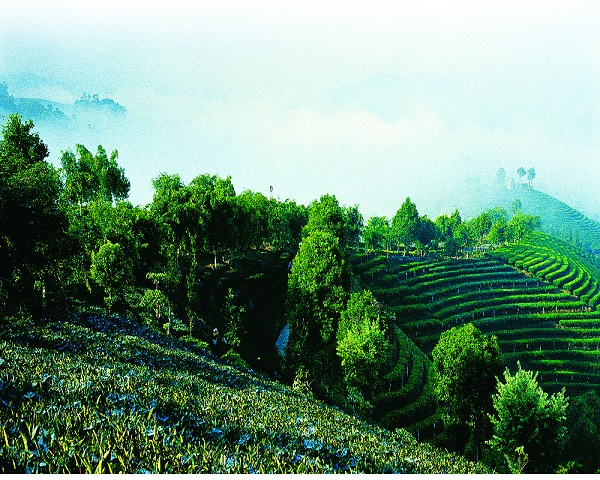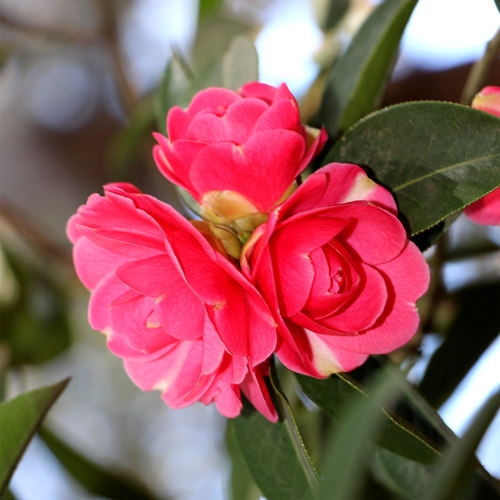
Introduction to Luliang County of Qujing
Luliang County, located in the western part of Qujing in Yunnan Province, China, is a region known for its agricultural productivity, historical significance, and cultural richness. The county, with its fertile lands and vibrant communities, plays an important role in the economic and cultural landscape of Qujing. Here’s a detailed introduction to Luliang County:
Geographical Location
Luliang County is situated in the central-western part of Yunnan Province, covering an area of approximately 2,693 square kilometers. The county is characterized by a diverse terrain that includes plains, hills, and mountains. The climate is subtropical with distinct seasons, providing ideal conditions for agriculture and outdoor activities.
History
Luliang County has a rich history that dates back thousands of years, with evidence of early human settlements and ancient civilizations. The county has been an important area throughout various Chinese dynasties, including the Han, Tang, Song, Yuan, Ming, and Qing. Luliang has long been a key location for agriculture, trade, and cultural exchange, contributing to its historical and economic significance in the region.
Economy
The economy of Luliang County is primarily based on agriculture, supported by growing industrial and service sectors:
Agriculture: Agriculture is the cornerstone of Luliang’s economy. The county is known for its production of high-quality tobacco, which is one of its main agricultural products and a significant contributor to the local economy. Other major crops include rice, corn, vegetables, and fruits. Animal husbandry, including cattle, pigs, and poultry farming, also plays an essential role in the local economy.
Industry: Luliang County has a developing industrial sector, with industries focused on food processing, tobacco production, and mining. The processing of agricultural products, particularly tobacco, is a major industry. Additionally, the county has reserves of minerals such as coal and phosphate, which are mined and processed locally.
Services: The service sector in Luliang is growing, with an emphasis on retail, finance, education, and tourism. The development of infrastructure and commercial facilities has supported the expansion of the service industry, making the county more attractive for businesses and tourists.
Tourism and Attractions
Luliang County offers a variety of attractions that highlight its natural beauty, historical sites, and cultural heritage:
Tiansheng Cave Scenic Area: This scenic area is one of Luliang’s most famous attractions, known for its stunning karst landscapes, underground rivers, and caves. Tiansheng Cave is a popular destination for hiking, caving, and photography, offering breathtaking views and a unique natural environment.
Fuxian Lake: Although primarily associated with neighboring counties, parts of the Fuxian Lake area extend into Luliang County. The lake is one of the largest and deepest freshwater lakes in China, known for its crystal-clear waters and picturesque surroundings. It’s a popular spot for water sports, fishing, and relaxation.
Ancient Town of Luliang: This historical town offers a glimpse into the county’s rich cultural and architectural heritage. Visitors can explore well-preserved traditional buildings, ancient temples, and local markets that reflect the history and traditions of Luliang.
Zhaotong Temple: A historical and cultural site, Zhaotong Temple is known for its ancient architecture, religious significance, and beautiful surroundings. The temple complex includes statues, inscriptions, and other cultural relics that provide insight into the region’s spiritual heritage.
Culture
Luliang County has a rich and diverse cultural heritage influenced by the various ethnic groups that inhabit the region, including the Han, Yi, and Hui people. This diversity is reflected in the county’s festivals, traditions, and cuisine:
Festivals: Luliang celebrates various traditional festivals with great enthusiasm. The Torch Festival of the Yi people is one of the most famous, featuring vibrant dances, music, and cultural performances. The Lunar New Year and other local festivals are also celebrated with traditional customs, food, and rituals.
Cuisine: Luliang’s cuisine is characterized by Yunnan specialties, including dishes made with fresh local ingredients such as wild mushrooms, herbs, and vegetables. The county is particularly known for its tobacco-related products and dishes that feature local meats and produce. Traditional Yunnan foods like “Crossing the Bridge” rice noodles and spicy grilled fish are also popular in Luliang.
Education and Healthcare
Luliang County has made significant progress in education and healthcare, contri



